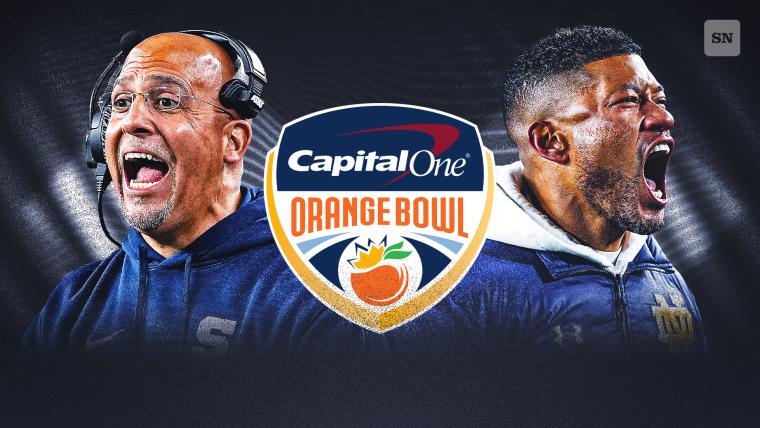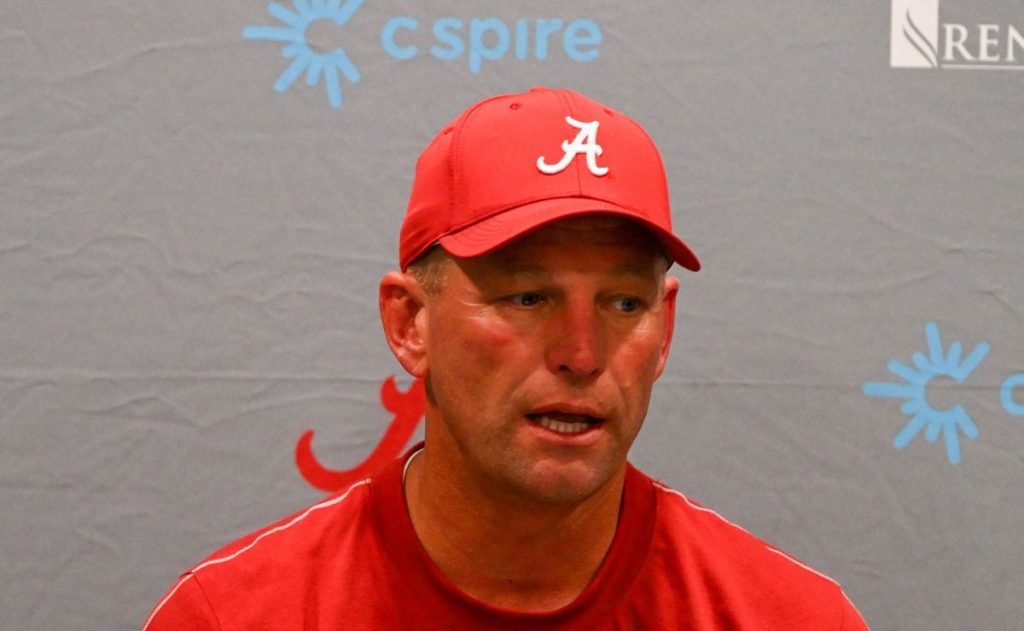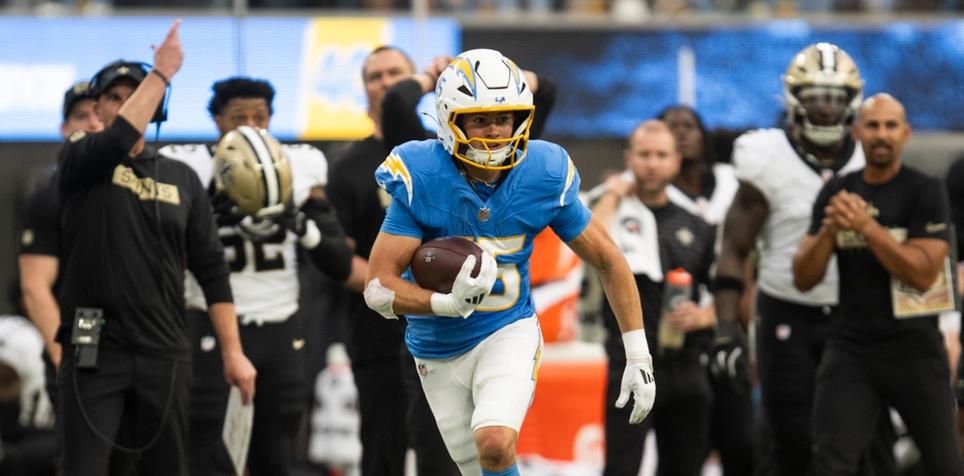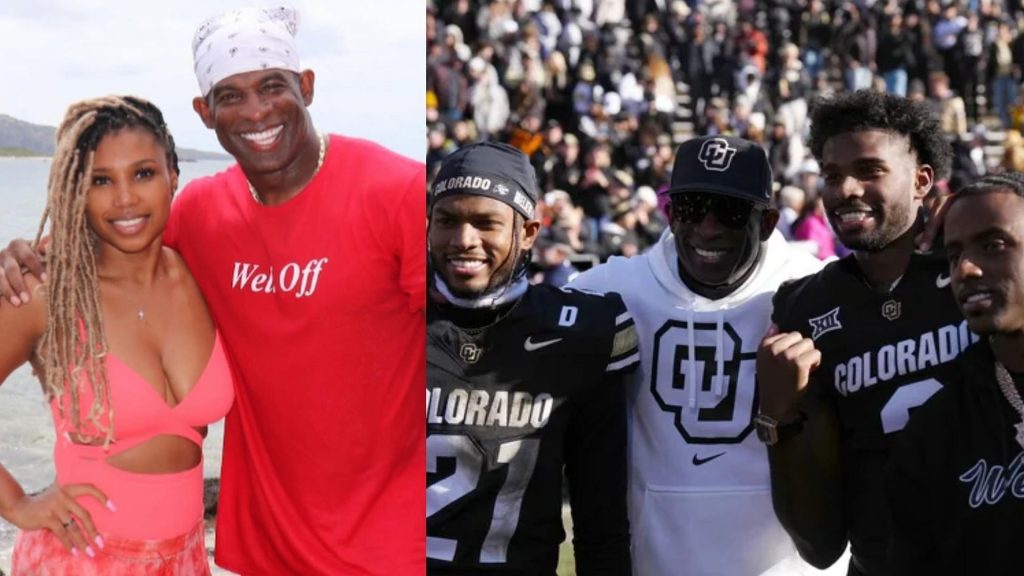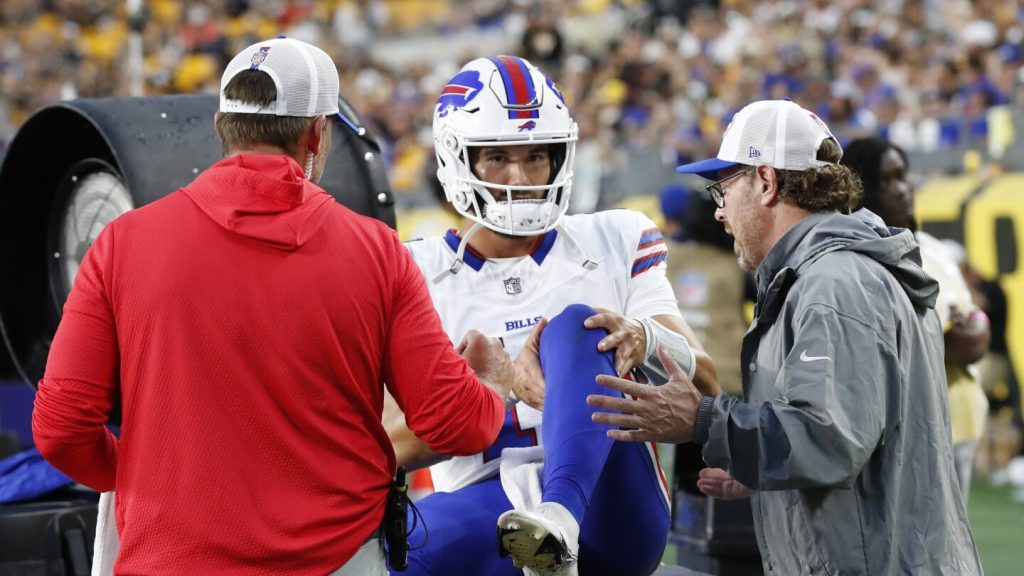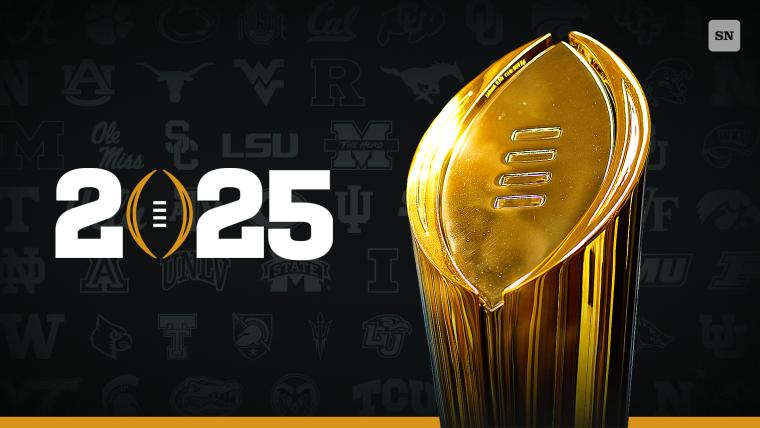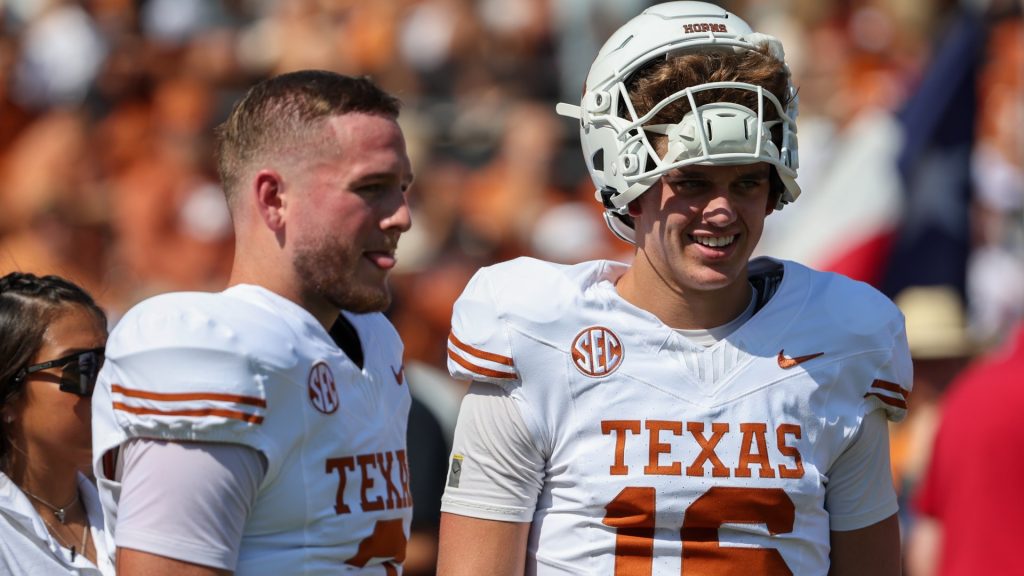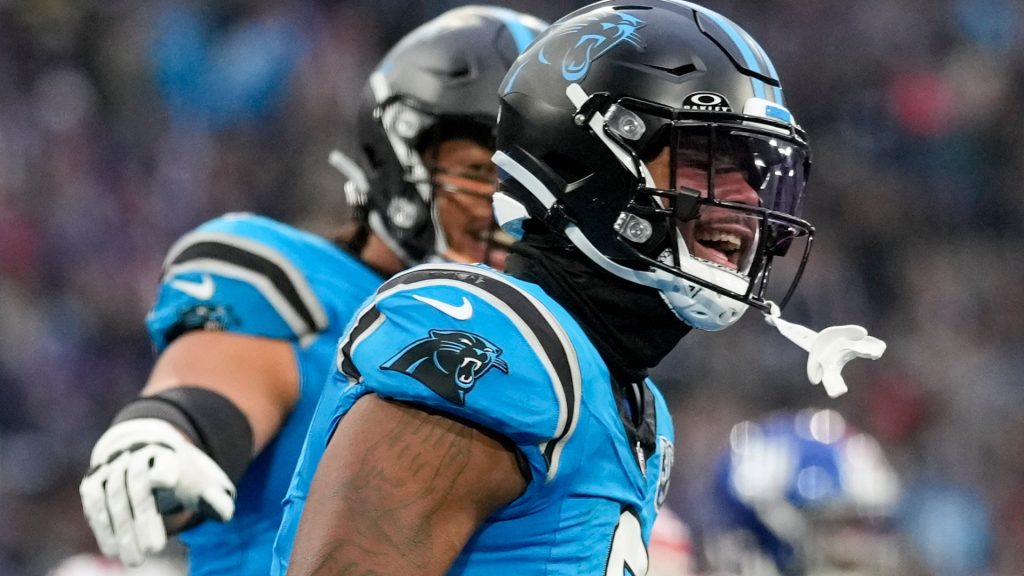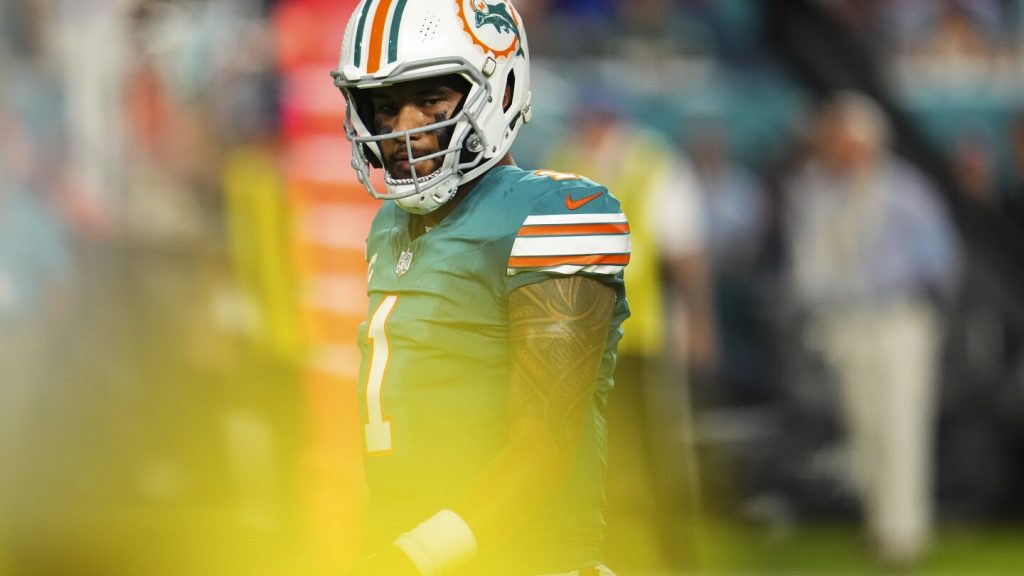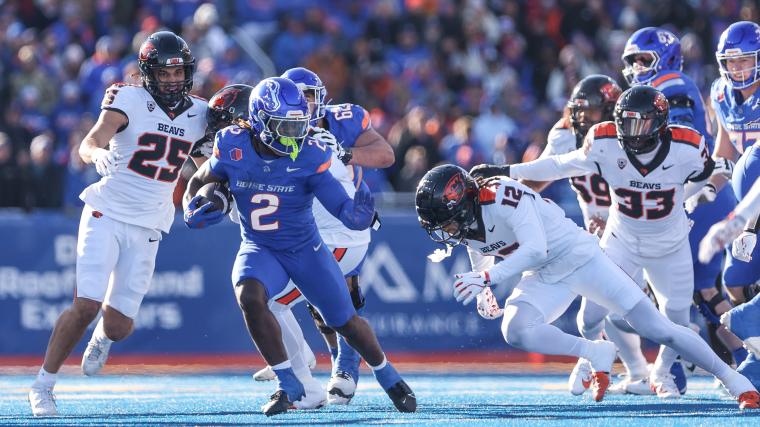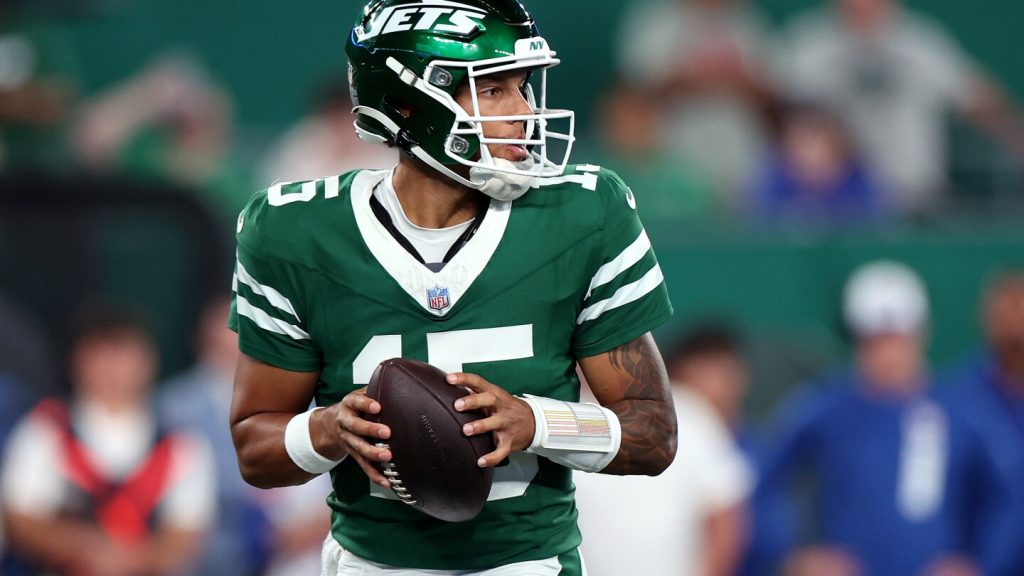The excitement surrounding the first-ever expanded College Football Playoff (CFP) is palpable, and this year’s semifinals promise to etch new chapters in the sport’s history. As we gear up for the Orange Bowl, fans are buzzing about the matchup between James Franklin’s Penn State and Marcus Freeman’s Notre Dame. This historic clash is not just about football; it’s a significant moment for representation in college athletics.
Historic matchup in the Orange Bowl
The Orange Bowl will mark a groundbreaking occasion as it features two Black head coaches going head-to-head for the first time in CFP history. This milestone is a testament to the progress made in college football, where diversity and inclusion are increasingly recognized and celebrated. Franklin and Freeman are among the 16 Black head coaches in NCAA Division I FBS, and their presence in this high-stakes game is a powerful symbol of change.
As the stakes rise, the winner of the Orange Bowl will not only advance toward the national championship but also make history in the process. This game is more than just a playoff matchup; it represents a significant step forward for representation in college football.
Black coaches in college football
Currently, there are 16 Black head coaches in NCAA Division I FBS, a noteworthy figure in a landscape that has often been criticized for its lack of diversity. These coaches will hold 16 of the 134 FBS positions when the 2025 college football season kicks off. Among them, James Franklin stands out as the longest-tenured coach, having led Penn State since 2014. Meanwhile, Charles Huff and Willie Simmons are set to begin their first seasons at their respective schools.
This increase in representation is vital for aspiring coaches and players who see themselves reflected in leadership roles. It opens doors and creates opportunities that were previously limited.
How Marcus Freeman and James Franklin can make history
Freeman and Franklin are not just competing for a spot in the championship; they are on the verge of making history as the first Black head coach to lead their team to the CFP championship. Regardless of the outcome of the Orange Bowl, one of them will achieve this remarkable feat. Both coaches have expressed their understanding of the significance of this moment.
Franklin drew an insightful parallel to Super Bowl 41, where Tony Dungy and Lovie Smith faced off, highlighting the impact such visibility has on young coaches. “I remember thinking that, as a coach, how significant that was in the profession, and how significant that was for young coaches coming up in the profession, to see those guys in that role,” he reflected. It’s a powerful reminder of how representation can inspire future generations.
Freeman, who is of African-American and South Korean descent, also spoke about the importance of representation. He emphasized that one’s color should not matter, but rather the evidence of their work should. “You’re very grateful. It’s a reminder that you are a representation for many others and many of our players that look the same way I do,” Freeman said. This sentiment resonates deeply, as it underscores the responsibility that comes with leadership.
The legacy of Black coaches in college football
The legacy of Black coaches in college football is rich and complex. Willie E. Jeffries, the first Black head coach in NCAA Division I-A football, paved the way for many. Hired in 1979 to lead Wichita State, Jeffries faced challenges but also achieved significant milestones, including an 8-3 record in 1982. His journey, however, was not without controversy, as the program faced disciplinary actions during his tenure. Despite this, Jeffries continued to coach at Howard and South Carolina State before retiring in 2001 and earning a spot in the College Football Hall of Fame in 2010.
Jeffries is one of 11 Black coaches inducted into the Hall of Fame, a group that includes legends like Eddie Robinson, who amassed an incredible 408 wins at Grambling State. These pioneers have laid the groundwork for the current generation of coaches, proving that success is attainable regardless of race.
Looking ahead to the future
As we approach the Orange Bowl, the excitement is not just about the game itself but also about what it represents for the future of college football. The potential for one of these coaches to make history is a thrilling prospect that adds another layer of intrigue to the matchup.
Will this game inspire more diversity in coaching positions across college football? Will it motivate young athletes to pursue coaching careers? The answers to these questions may unfold in the coming weeks and months, as the impact of this historic matchup reverberates through the sport.
In a world where representation matters, the Orange Bowl is more than just a game; it’s a celebration of progress, resilience, and the relentless pursuit of excellence. As fans gear up to witness this historic event, one thing is clear: college football is evolving, and the future looks bright.

